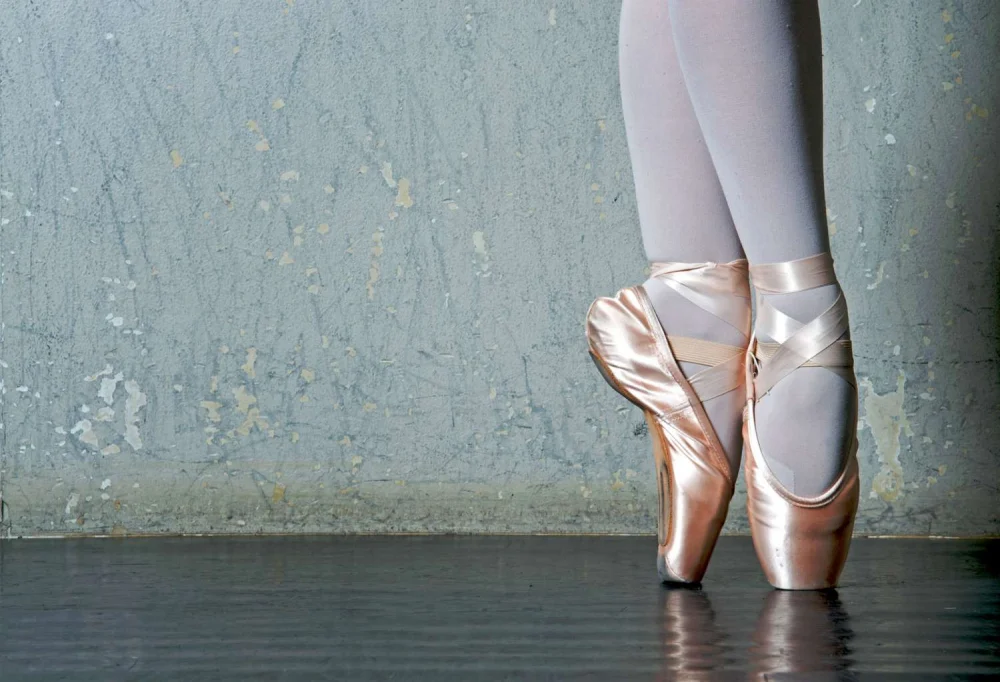
- can-a-dance-major-go-to-law-school
- how-dance-majors-meet-law-school-requirements
- skills-from-dance-that-translate-to-law
- real-examples-of-dancers-becoming-lawyers
- tips-for-dancers-considering-law-school
- explore-more-career-paths-with-american-dance-academy
1. Can a Dance Major Go to Law School?
Yes, absolutely—a dance major can go to law school. While it may seem like an unconventional path, law schools across the U.S. welcome students from a wide range of undergraduate disciplines. The key is not the specific major but the skills, GPA, LSAT score, and personal story that an applicant brings to the table. So if you’re wondering can a dance major go to law school, the answer is a confident yes—with the right preparation and mindset.
2. How Dance Majors Meet Law School Requirements
2.1 Academic Credentials Matter
Law schools typically require:
- A completed bachelor’s degree (any major is acceptable)
- A competitive GPA
- An LSAT score (or sometimes GRE)
2.2 The Power of a Unique Background
Admissions officers often look for candidates who will bring diversity of thought and experience to the classroom. A dance major offers a unique perspective—discipline, creativity, performance under pressure—all traits that are valuable in a courtroom or negotiation setting.
3. Skills from Dance That Translate to Law
3.1 Discipline and Time Management
Dancers know how to work hard. The time required for rehearsals, performances, and physical conditioning creates a strong sense of discipline—critical for managing the heavy reading load in law school.
3.2 Public Performance and Presence
Being able to command a room is not exclusive to dancers. That stage presence often translates into powerful courtroom delivery and public speaking confidence. Lawyers must persuade, and dancers already understand the impact of body language and intentional movement.
3.3 Creative Thinking and Adaptability
Legal arguments often require creative solutions. Dancers are trained to think fluidly, solve problems under pressure, and pivot when choreography—or the case—changes. This flexibility of thought is an underrated legal asset.
4. Real Examples of Dancers Becoming Lawyers
4.1 From Ballet to the Bar Exam
One well-known case is that of Lauren Simmons, a trained dancer who went on to become the youngest full-time female trader on the floor of the New York Stock Exchange before applying to law school. Her story shows that non-traditional backgrounds don’t limit your options—they expand them.
4.2 Law Students with Arts Backgrounds
Many law schools report having musicians, actors, and dancers among their most active student leaders. Their arts training equips them with empathy, strong communication skills, and a drive for excellence—qualities that help them thrive in legal writing and mock trials alike.
5. Tips for Dancers Considering Law School
5.1 Start with Strong Academic Planning
Even if your degree is focused on performance, you can take writing-intensive and analytical courses as electives. Philosophy, political theory, and English classes sharpen reasoning and argumentative writing—skills heavily tested on the LSAT and needed in law school.
5.2 Prepare for the LSAT Strategically
The LSAT emphasizes logical reasoning and reading comprehension. While it may be unfamiliar to dancers at first, the discipline learned from choreography and rehearsal schedules can be applied to LSAT prep. Starting early and using structured study programs can make a huge difference.
5.3 Tell Your Story Authentically
In your personal statement, lean into your dance journey. Talk about how your artistic discipline shaped your view of justice, conflict, or performance. Law schools appreciate applicants who can connect past experiences to future legal goals.
6. Explore More Career Paths with American Dance Academy
6.1 Where Dance Meets Possibility
At American Dance Academy, we believe your passion for dance can open doors far beyond the stage. Whether you’re preparing for law school, a business career, or creative entrepreneurship, our programs equip students with the confidence, discipline, and adaptability to succeed in any field.
6.2 Supporting Your Future—On and Off the Stage
Our team is dedicated to helping dancers explore their full potential—not just artistically, but academically and professionally. Visit American Dance Academy to find programs, mentors, and resources that align with your evolving goals.
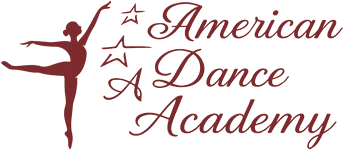
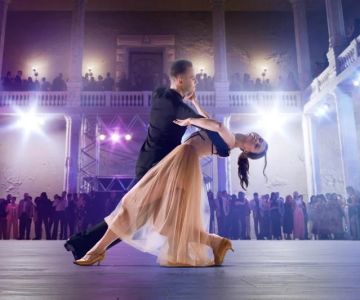
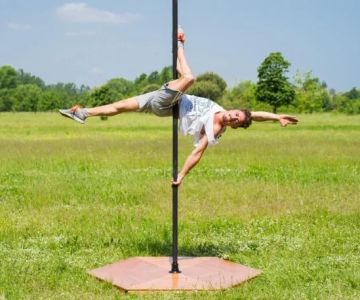
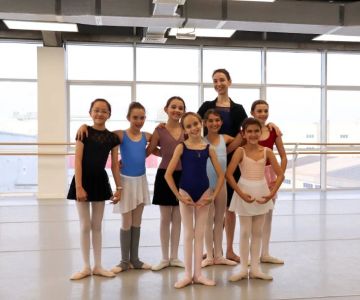
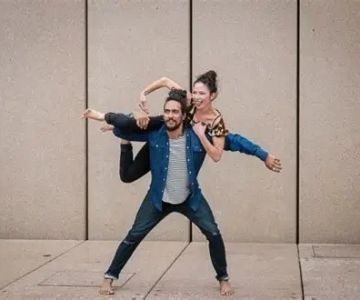
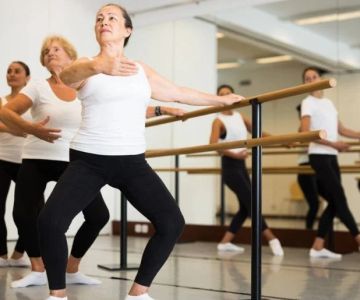
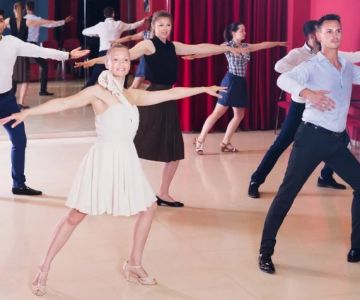
 Barrington Dance Academy5.0 (22 reviews)
Barrington Dance Academy5.0 (22 reviews) Canyon Concert Ballet4.0 (17 reviews)
Canyon Concert Ballet4.0 (17 reviews) Big City Dance Center LLC4.0 (25 reviews)
Big City Dance Center LLC4.0 (25 reviews) Tye Chua Dance & Kalamazoo Ballet5.0 (18 reviews)
Tye Chua Dance & Kalamazoo Ballet5.0 (18 reviews) Fenton Ballet Theatre4.0 (24 reviews)
Fenton Ballet Theatre4.0 (24 reviews) Front Street Dance Center5.0 (7 reviews)
Front Street Dance Center5.0 (7 reviews) Are There Dances in Middle School? What Students and Parents Should Know
Are There Dances in Middle School? What Students and Parents Should Know How a Dance School in Instagram Builds Community and Success
How a Dance School in Instagram Builds Community and Success Why Do Schools Teach Square Dancing?
Why Do Schools Teach Square Dancing?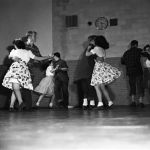 Why Was Square Dancing Taught in School?
Why Was Square Dancing Taught in School? Why Swing Dance Is Popular for Adults
Why Swing Dance Is Popular for Adults A School Dance: How to Prepare, Shine, and Make It Unforgettable
A School Dance: How to Prepare, Shine, and Make It Unforgettable